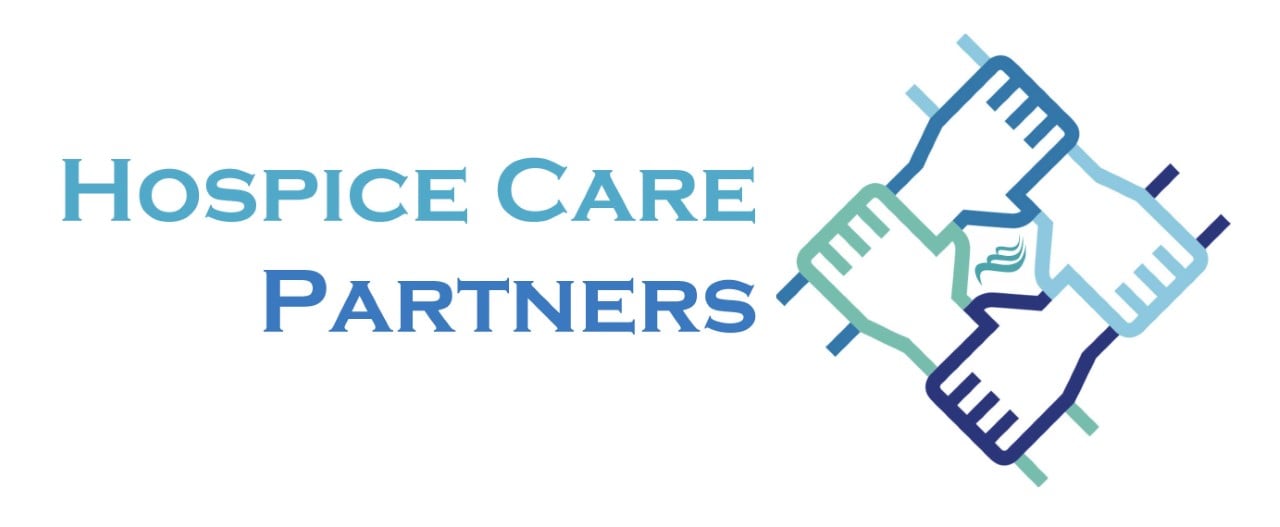Navigating through family conflict when it comes to making decisions about hospice care can be challenging, but there are ways to address disagreements and find a resolution that is best for your loved one.
Understanding the Importance of Open Communication
When faced with disagreements about starting hospice care, it is crucial to prioritize open and honest communication within the family. This means actively listening to each other's concerns, fears, and hopes for the patient's well-being. By creating a safe space for everyone to express their thoughts and emotions, it becomes easier to find common ground and work towards a resolution.
Open communication allows for a deeper understanding of each family member's perspective and can help uncover any underlying fears or misconceptions about hospice care. It also fosters empathy and compassion, as family members can gain insight into the reasons behind their loved ones' differing opinions.
By emphasizing the importance of open communication, families can create an environment where everyone feels heard and valued, ultimately leading to a more unified decision-making process.
Exploring Different Perspectives and Values
In order to address family conflict regarding hospice care, it is essential to explore and understand the different perspectives and values held by each family member. This involves acknowledging that everyone may have their own unique beliefs, fears, and expectations when it comes to end-of-life care.
By taking the time to listen and empathize with each other's viewpoints, families can gain a deeper appreciation for the diverse range of emotions and concerns that may be influencing their loved ones' opinions. It is important to approach these conversations with an open mind and without judgment, as this can foster an atmosphere of respect and understanding.
Exploring different perspectives and values can also help identify areas of common ground or shared goals, which can serve as a starting point for finding a resolution that honors the wishes and best interests of the patient.
Seeking Mediation and Professional Guidance
When family disagreements about hospice care persist, seeking mediation or professional guidance can be a valuable step towards finding a resolution. Mediation involves enlisting the help of a neutral third party who can facilitate productive discussions and help family members find common ground.
Ideally, the mediator should possess a comprehensive understanding of the distinctions between hospice care and palliative care. Therefore, in times of conflict, it is advisable to engage a qualified medical professional (such as a doctor or nurse practitioner) or a hospice care expert (like a community liaison) to ensure a well-informed and effective mediation process.
A mediator can provide an unbiased perspective and guide the conversation towards a mutually agreeable solution. They can help family members navigate through sensitive topics and ensure that everyone's voice is heard and respected.
In addition to mediation, it may be beneficial to seek the guidance of healthcare professionals who specialize in end-of-life care. These professionals can provide valuable insights and information about the benefits and challenges of hospice care, which can help address any misconceptions or fears that may be contributing to the family conflict. Their expertise can also provide reassurance and support during this challenging decision-making process.
Considering the Best Interest of the Patient
Amidst family conflict, it is crucial to keep the best interest of the patient at the forefront of the decision-making process. This requires setting aside personal biases or preconceived notions and focusing on what will provide the highest quality of care and comfort for the loved one.
When considering the best interest of the patient, it is important to take into account their individual needs, values, and preferences. This may involve consulting with healthcare professionals, such as doctors or nurses, who can offer guidance based on their expertise and experience. It is important to note that observing family conflict can significantly impact the physical and emotional well-being of the terminally ill patient or loved one. Their perspective on treatment may vary significantly depending on how well they have accepted their own mortality, potentially differing from that of family members. It is crucial to prioritize and respect their wishes whenever possible.
By prioritizing the well-being of the patient, families can find common ground and work towards a decision that aligns with their loved one's wishes and provides them with the support and care they deserve during this vulnerable time.
Creating a Unified Plan of Action
In order to resolve disagreements about starting hospice care, it is essential to create a unified plan of action that takes into consideration the input and concerns of all family members. This involves finding areas of agreement and building upon them to establish a shared vision for the patient's end-of-life care.
By collaborating as a family, it becomes possible to develop a comprehensive plan that addresses the physical, emotional, and spiritual needs of the patient. This may involve discussing specific aspects of hospice care, such as pain management, emotional support, and spiritual guidance.
Creating a unified plan of action also requires establishing clear communication channels and a system for ongoing decision-making and evaluation. Regular family meetings or check-ins can ensure that everyone remains informed and involved in the care process.
By working together towards a common goal, families can find resolution and provide their loved one with the best possible care and support during their journey in hospice.
If you are in the process of contemplating hospice care for a loved one and require assistance in achieving consensus within the family, our team is here to provide support. Our experienced professionals can offer guidance, facilitate discussions, and provide valuable insights to help navigate through family conflicts and reach a decision that prioritizes the well-being of your loved one. We understand the importance of open communication, exploring different perspectives, and creating a unified plan of action to ensure that your loved one receives the best possible care during their time in hospice. Don't hesitate to reach out to us for assistance and guidance during this challenging time. Call us today at (817) 203-2901 to speak with a member of our team.




